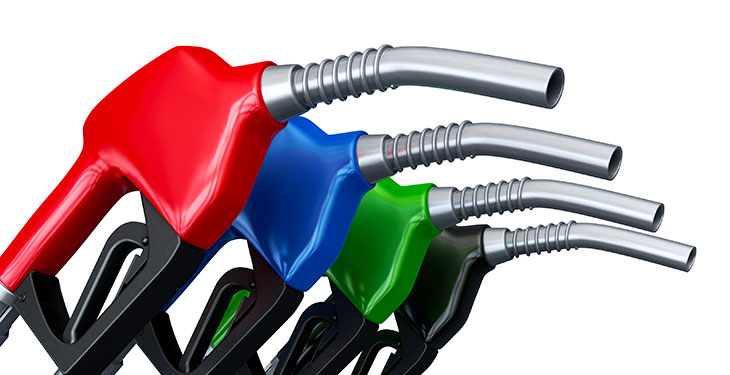Bogdan Tudorache
The Competition Council supports the implementation of a rule whereby all operators display simultaneous increases in fuel prices at certain days and at fixed times.
The Competition Authority is requesting the adoption of this measure following a sector inquiry into the Romanian retail fuel market, which confirmed that the existence of a leader, which holds about half of the market, has direct effect on how fuel retail prices change, and the company is, as a rule, also the initiator of the price changes. At the same time, each company constantly monitors the activity of competitors and responds to their price changes. Thus, competing companies prefer to adopt behavior similar to that of the leader in terms of price changes, most often within a maximum of 24 hours.
Under these circumstances, competition on the retail fuel market in Romania is low, which is reflected in the level of retail fuel prices. “As a result, in order to increase competition in this sector, the Competition Council supports the elaboration of a normative act setting the number of weekly price increases, the days when these increases can be made and the time of the change, valid for all the companies in the market, for any price reductions, no restrictions of this kind can be made, which can be operated at any time,” the institution says.
An oligopoly structure
The level of competition is also influenced by a number of structural factors specific to the Romanian retail fuel market, the most important of which is the very high degree of concentration of the market: a small number of oil companies holding approximately 90% of total fuel sales.
The analyzes showed that the pump prices were correlated in the period 2014-2018 with the international quotations for oil products (gasoline and diesel), the Romanian price changes following closely the international evolutions both in terms of increases and decreases.
As far as the structure of the fuel price is concerned, the data show that excise duty and VAT account for a significant share of about 50% of the final price.
According to recent data published by the European Commission, Romania is among the European countries where the final prices, with fees, are much lower than the European average for both gas and diesel. With regard to prices without taxes, the price of gasoline is also below the European average, while for diesel the price fluctuates around the European average.
